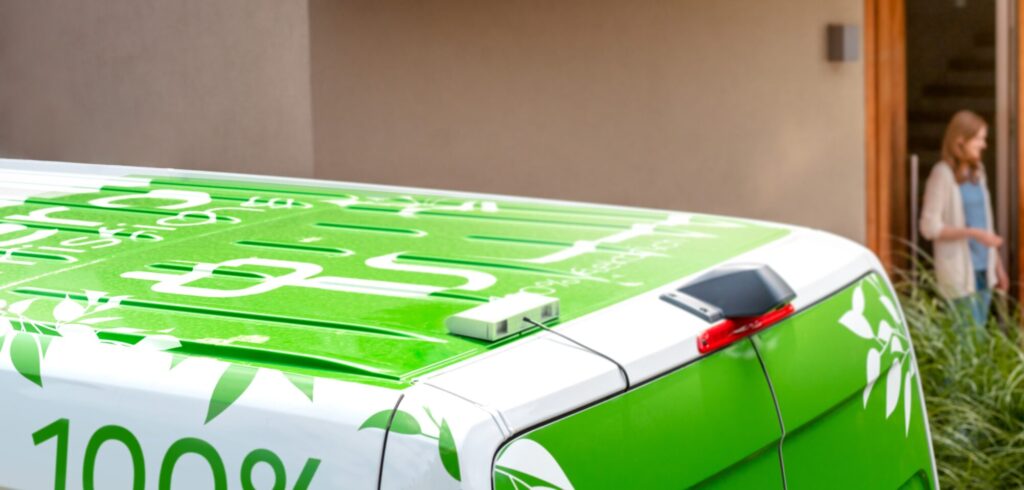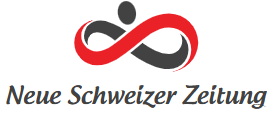
Die Lieferflotte von DPD Schweiz erhebt Luftqualitätsmessungen in vier Schweizer Städten
DPD Schweiz hat Feinstaubsensoren an seiner Fahrzeugflotte installiert, um die Luftqualität in vier Schweizer Städten zu messen.
‚)
}
// –>
Sensors have been installed on around 100 vehicles to send information about particulate matter pollution in Zurich, Basel, Geneva and Bern in real time. The data is being made available to the public.
‚)
}
// –>
According to DPD, the concentration of coarser dust particles (PM10) in most Swiss cities has fallen to such an extent in recent years that the thresholds are rarely exceeded, however, the occurrence of smaller dust particles (PM2.5) remains significant, especially in winter.
In December 2022, the concentration of PM2.5 in Swiss cities, as measured by DPD Switzerland, was virtually always far beyond the maximum daily limit of 15 micrograms per cubic meter recommended by the World Health Organization (WHO). In some places, such as Geneva city center, the sensors recorded values that are considered hazardous to health by the WHO.
DPD Switzerland has launched the ‘Breathe’ project to provide more detailed information about the distribution of particulate matter in cities. As part of the project, vehicle-mounted lasers continuously measure the level of fine PM2.5 particles. The data obtained using the vehicles will complement the stationary monitoring stations.
Breathe is part of DPDgroup’s European-wide sustainability scheme. Air quality is already being monitored in Paris, Lisbon, London and Hamburg, and has already led to changes in traffic rules. For example, Lisbon has created a new low emission zone on the basis of the detailed measurement data.
Dr Michael Schlunegger, managing director, Lunge Zürich, said, “Although air quality in Switzerland has improved continuously over the last decades, fine particles and especially PM2.5 remain a problem in terms of [their]potential to endanger the public. The better our data situation is, the better we can define clear measures. Lunge Zürich therefore welcomes the initiative of DPD.”
Marc Frank, director of strategy and innovation at DPD Switzerland, said, “Breathe is a tremendously important project to DPD Switzerland. On the one hand, it ties in with our vision of green parcel deliveries – we are aiming for zero-emission deliveries in six cities in Switzerland by 2025. On the other, it is an innovation in the field of air quality measurement, which used to measure selected points at fixed locations. We can now use our vehicles to measure the air quality across large areas.”
Ville Heimgartner, senior innovation project and sustainability manager at DPD Switzerland, added, “Breathe aims to detect local particulate matter hot spots in cities and make them visible to everyone. The new data provides an accurate insight into the air quality in four major Swiss cities and can lay the groundwork for improving the air quality.”
The lasers mounted on DPD vehicles take constant measurements of the concentration of particulate matter in the air. Every 12 seconds, the average value is sent to a server over a GSM connection. Using GPS data, every measurement is assigned coordinates and used to visualize the air quality on a high-resolution map. Even the finest PM2.5 particles are measured accurately by the sensitive sensors. These can penetrate deeper into the respiratory system, remain there for longer and cause more lasting damage to the lungs than PM10 particles. The sensors travel 2,000,000km per month, take 5,000,000 measurements per month and cover 150km2 of urban area.

„Kaffeeliebhaber. Leser. Extremer Zombiefanatiker. Professioneller Alkoholanwalt. Lebenslanger Fernsehliebhaber.“
